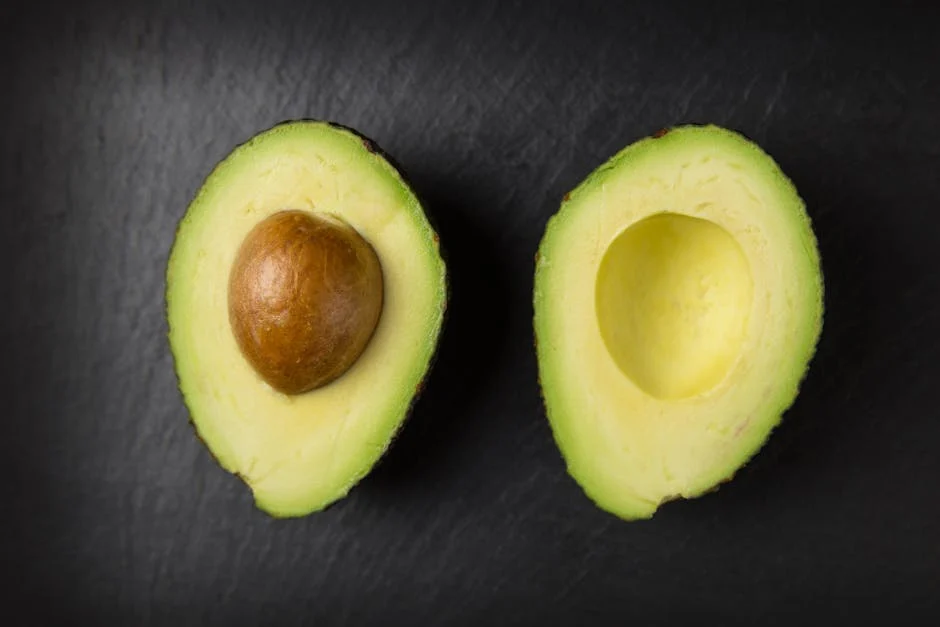Introduction
The gut microbiome, a complex ecosystem of trillions of bacteria, fungi, viruses, and other microorganisms residing in our digestive tract, plays a crucial role in overall health. It influences everything from digestion and nutrient absorption to immune function and mental wellbeing. Both Paleo and vegan diets are often touted for their health benefits, but a growing body of evidence suggests that the Paleo diet, under certain conditions, may be more supportive of a diverse gut microbiome than a strictly vegan diet.
Paleo vs. Vegan: A Gut Microbiome Showdown
Understanding the Paleo Diet and its Impact
The Paleo diet focuses on consuming foods that our hunter-gatherer ancestors supposedly ate, primarily lean meats, fish, fruits, vegetables, nuts, and seeds. It excludes grains, legumes, dairy, and processed foods. The rationale is that our bodies are genetically better suited to these ancestral foods.
- Emphasis on Whole Foods: Paleo encourages a wide variety of nutrient-dense, whole foods.
- Animal Protein Inclusion: The inclusion of animal protein, especially from grass-fed or wild-caught sources, can provide essential amino acids and nutrients not always readily available in plant-based diets.
- Exclusion of Processed Foods: By eliminating processed foods, Paleo reduces the intake of artificial additives, refined sugars, and unhealthy fats that can negatively impact the gut microbiome.
Exploring the Vegan Diet and Gut Health
A vegan diet excludes all animal products, including meat, dairy, eggs, and honey. It relies on plant-based sources for all nutritional needs.
- High Fiber Intake: Vegan diets are typically rich in fiber, which can promote the growth of beneficial bacteria in the gut.
- Phytonutrient Abundance: Plant-based foods are packed with phytonutrients, which possess antioxidant and anti-inflammatory properties that can support gut health.
- Potential Nutrient Deficiencies: However, a poorly planned vegan diet can lead to nutrient deficiencies, such as vitamin B12, iron, and omega-3 fatty acids, which can indirectly impact the gut microbiome.
Why Paleo May Support More Diversity
While both diets offer potential benefits, here’s why Paleo may sometimes edge out vegan diets regarding gut microbiome diversity:
- Source of Protein and Fats: Well-sourced animal proteins and fats can provide essential nutrients that support the growth of a wider range of beneficial bacteria. These are not as bioavailable or prevalent in even the most meticulously planned vegan diets. For instance, heme iron from animal sources is more readily absorbed than non-heme iron from plant sources, which can affect bacterial composition in the gut.
- Avoidance of Anti-Nutrients: While legumes and grains are often considered healthy, they contain anti-nutrients like phytates and lectins that can interfere with nutrient absorption and potentially irritate the gut lining in some individuals. While soaking, sprouting, and fermenting can reduce these effects, complete elimination, as in the Paleo diet, avoids them altogether.
- The Importance of “Nose-to-Tail” Consumption: While not a standard part of all Paleo diets, a return to more traditional “nose-to-tail” eating, that emphasizes consuming organ meats and bone broth, can provide a wealth of micronutrients, collagen, and gelatin which further diversify bacterial food sources. These are generally not part of a vegan diet.
- The Carb Factor: Very high carbohydrate consumption (common in poorly planned vegan diets based on processed vegan options) can fuel the overgrowth of certain bacteria while simultaneously decreasing the diversity of the gut. Paleo diets are often, but not always, lower in overall carbohydrates.
Caveats and Considerations
It’s important to note that:
- Individual Variation: The gut microbiome is highly individual, and what works for one person may not work for another.
- Diet Quality Matters: A poorly planned Paleo diet high in processed meats and lacking in diverse fruits and vegetables can be just as detrimental to gut health as a poorly planned vegan diet.
- Sustainability: The environmental impact of meat consumption should be considered. Choosing sustainably raised animal products is crucial.
- Ethical Considerations: The ethical implications of animal consumption are a significant factor for many individuals.
Conclusion
While both Paleo and vegan diets can support a healthy gut, the Paleo diet, when implemented thoughtfully with an emphasis on whole, sustainably sourced foods, and especially when incorporating elements of “nose-to-tail” eating, may provide a slight edge in fostering a diverse gut microbiome due to its nutrient profile and avoidance of certain anti-nutrients. However, individual needs, ethical considerations, and the overall quality of the diet remain paramount. Consulting with a registered dietitian or healthcare professional is essential to determine the best approach for optimizing gut health and overall wellbeing.
